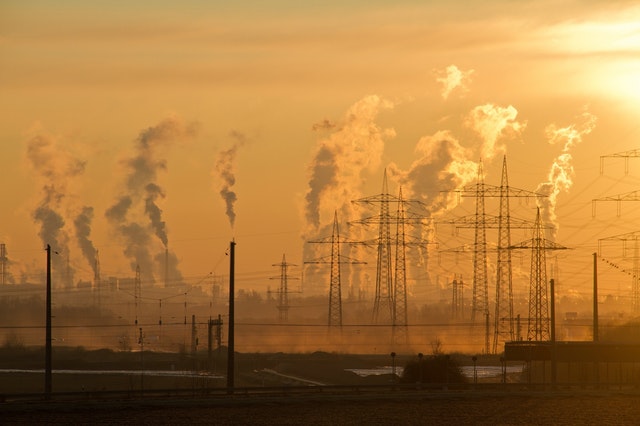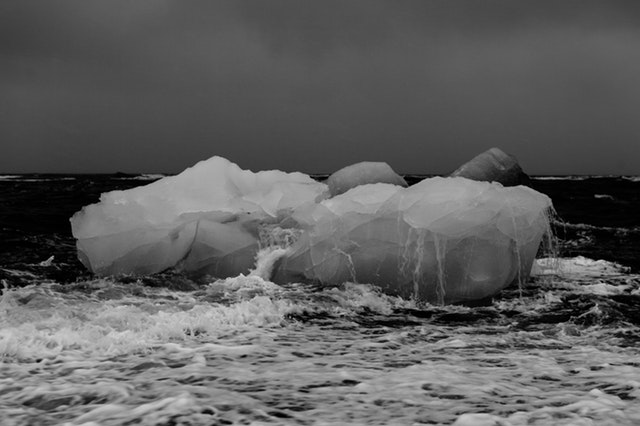
Researchers around the world have documented the temperature of the Earth’s surface as well as the atmosphere and oceans. Seas are warming, becoming more acidic, rising and flooding is more frequent. High temperature are increasing, glaciers and snow cover are shrinking, even the sea ice is retreating. Large wildfires occur more frequently in many places and growing seasons are longer. These are the biological events happening in our surroundings that occurs in response to climate change. These trends are all consistent and are expected to continue damaging our nature.
Evidences demonstrates that human activities, especially the emissions of heat-trapping greenhouse gases from fossil fuel combustion, deforestation and land-use change are the primary responsible for the climate changes observed from the industrial era. The atmospheric concentration of carbon dioxide has increased about 40% over the industrial era. This change has deepened the natural gas effect, driving a rise in global surface temperatures and widespread changes in Earth’s climate that are extraordinary in the history of modern civilization.
Greenhouse gases affect Earth’s energy balance and climate. The sun serves as the primary energy source for Earth’s climate. Some of sunlight is reflected back into space by the bright surfaces such as ice and clouds and some is absorbed by the surface and the atmosphere. Any disturbance with this balance energy will affect the climate. If all the heat energy released from the surface will direct into the space, Earth’s average temperature would be colder than today.
Greenhouse gases in the atmosphere composed of methane, carbon dioxide, water vapor and nitrous oxide, they make the surface much warmer as they absorb and emit heat energy in all directions keeping Earth’s atmosphere warm. Without this greenhouse effect, life will not be the same now as we evolve in our planet. By having more greenhouse gases in the atmosphere makes it more effective in preventing heat from escaping into space.

Human activities alter Earth’s energy balance and its climate through emissions of greenhouse gases for a decade and even centuries. Humans affects the climate by changing the nature of the land surfaces. They also affect the amount type of particles in the atmosphere through the emission of pollutants.
Human adds carbon dioxide to the atmosphere at far greater that it is removed by natural processes, that creates a long-lived reservoir of the gas in the atmosphere and oceans that is driving the climate to a warmer and warmer state. Scientists determined that when all humans and natural factors are considered, Earth’s climate balance has been altered to warming condition with the biggest contributor being upsurges in CO2.
With the increase in CO2 and other gases it makes difficult for the solar radiation to escape which may contribute in raising the overall temperature of the planet’s surface. Because of too much greenhouse effect that intensified by human activity, causes the Earth to overheat. For the next few decades, the climate changes will depend on the amount of greenhouse gases radiated into the atmosphere; how much of those are immersed by the biosphere, the ocean and other sinks; and how delicate Earth’s climate to those distractions.
Learn more about my writings at my social profiles on my Blog and my company Credit Glory where I teach how to increase your credit score and fixing credit.